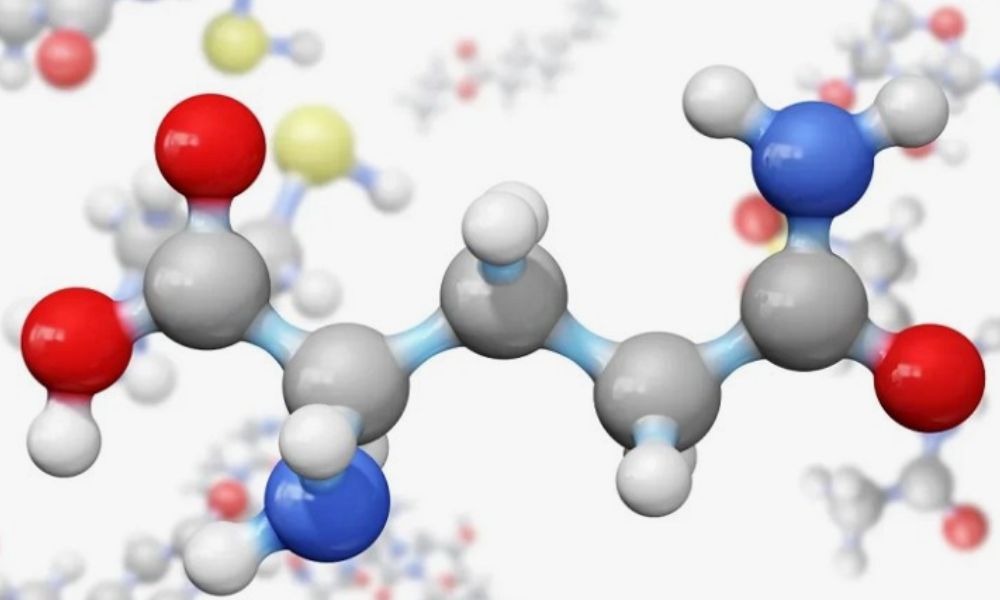wellhealth how to build muscle tag: A Balanced Approach
If you’re looking to build muscle, it’s easy to get caught up in the idea of lifting weights as the only solution. But wellhealth how to build muscle tag isn’t just about strength training; it’s about taking a holistic approach that prioritizes your overall health. This article will guide you through a balanced strategy that not only helps you grow stronger but also ensures your body stays healthy and well.
The Importance of Balancing Muscle Growth and Health
While bulking up may be the primary goal for many, focusing solely on muscle mass can neglect key aspects of wellhealth how to build muscle tag. When muscle-building routines don’t include proper nutrition, rest, and mental wellness, they can lead to burnout or even injury. A balanced approach ensures that you’re building strength while also supporting long-term well-being.
Why Lifting Weights Alone Isn’t Enough
Lifting weights is essential for muscle growth, but it’s not the whole story. To truly wellhealth how to build muscle tag in a way that enhances your health, you need to incorporate proper nutrition, rest, and mental wellness. Strength training without these other elements can lead to fatigue, injury, or stagnation in your progress.
Nutrition for Muscle Growth and Overall, Health
To wellhealth how to build muscle tag, what you eat matters just as much as how you train. A diet rich in the right macronutrients and micronutrients will fuel your workouts and recovery while also boosting your overall health. Macronutrients—protein, fats, and carbohydrates—are the building blocks of your muscle-building journey. Each plays a vital role, and getting the right balance is crucial for success.
How Much Protein Do You Need?
Vitamins and minerals like calcium, magnesium, and vitamin D are often overlooked but are essential for both muscle function and general well-being. They help prevent deficiencies that could derail your progress. Protein is the star player in muscle growth, but how much do you need? The recommended amount varies, but a good starting point is about 1.6 to 2.2 grams of protein per kilogram of body weight.
Protein Timing and Its Impact on Muscle Growth
When you consume protein is just as important as how much. Research shows that spreading your intake throughout the day, especially after a workout, helps maximize muscle protein synthesis. Healthy fats support hormone production, which is crucial for muscle growth and recovery. Omega-3 fatty acids, found in fish and flaxseeds, are particularly beneficial.
Carbohydrates as Your Body’s Fuel
Carbs provide the energy you need to power through workouts. Focus on complex carbohydrates like whole grains, fruits, and vegetables to maintain steady energy levels. Rest and recovery are just as important as your time in the gym. Without adequate rest, your muscles won’t have time to repair and grow.
Sleep and Muscle Recovery
Sleep is when most of your wellhealth how to build muscle tag repair happens. Aim for 7-9 hours of quality sleep each night to support muscle growth and recovery. Incorporating active recovery, such as light stretching or yoga, can promote blood flow and reduce muscle soreness without putting extra strain on your body.
The Importance of Stress Management
High stress levels can negatively impact muscle growth by increasing cortisol, a hormone that breaks down muscle tissue. Techniques like meditation and mindfulness can help manage stress. wellhealth how to build muscle tag is a long-term commitment, and staying motivated is key. Set small, achievable goals to keep your momentum going and track your progress.
What a Cardio Affects Muscle Growth

While weight training wellhealth how to build muscle tag, cardio is essential for cardiovascular health. Include moderate-intensity cardio sessions a few times a week to keep your heart strong. Too much cardio can interfere with muscle growth, but finding the right balance ensures you maintain both muscle mass and cardiovascular health.
Overtraining and Its Negative Effects on Health
Overtraining can lead to injury, fatigue, and burnout. Listen to your body and ensure you’re giving yourself enough time to rest and recover. Ignoring flexibility can lead to muscle imbalances and injury. Incorporate stretching and mobility exercises to maintain balance and avoid tight wellhealth how to build muscle tag.
Supplements That Support Both Health and Muscle Growth
Certain supplements, like protein powders and omega-3 fatty acids, can complement your diet and support wellhealth how to build muscle tag growth without compromising health. Not all supplements are created equal. Avoid anything that promises quick fixes or extreme results, as these can be harmful to your health.
The Importance of Hydration in Muscle Building
Staying hydrated is key to muscle function and recovery. Drink plenty of water throughout the day, especially during and after workouts. A well-rounded, long-term routine will help you wellhealth how to build muscle tag while also taking care of your overall health. Consistency is key, so find a workout schedule that fits your lifestyle. Learning to listen to your body is crucial in preventing injury and ensuring long-term success. Push yourself, but also recognize when you need to take a break.
FAQs About wellhealth how to build muscle tag
How often should I lift weights to build muscle?
Aim for 3-5 weightlifting sessions per week, allowing for rest days to recover.
Can I build muscle without supplements?
Yes! Supplements can help, but they aren’t necessary. A well-balanced diet is enough.
How much cardio should I include in my routine?
Include 2-3 moderate-intensity cardio sessions per week to support heart health without compromising muscle growth.
What is the best protein source for muscle building?
Lean meats, fish, eggs, and plant-based options like beans and tofu are excellent protein sources.
How can I avoid overtraining?
Make sure to include rest days, get enough sleep, and listen to your body when it needs a break.
Conclusion
wellhealth how to build muscle tag isn’t just about lifting weights—it’s about creating a balanced routine that supports your overall health and well-being. By focusing on nutrition, rest, mental wellness, and smart training, you’ll not only see gains in muscle mass but also in your overall quality of life.
If you gained new insights from this article, explore our blog, Gimkit, for more enlightening content.
Share this content:




Post Comment